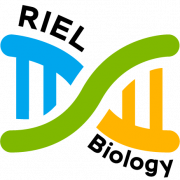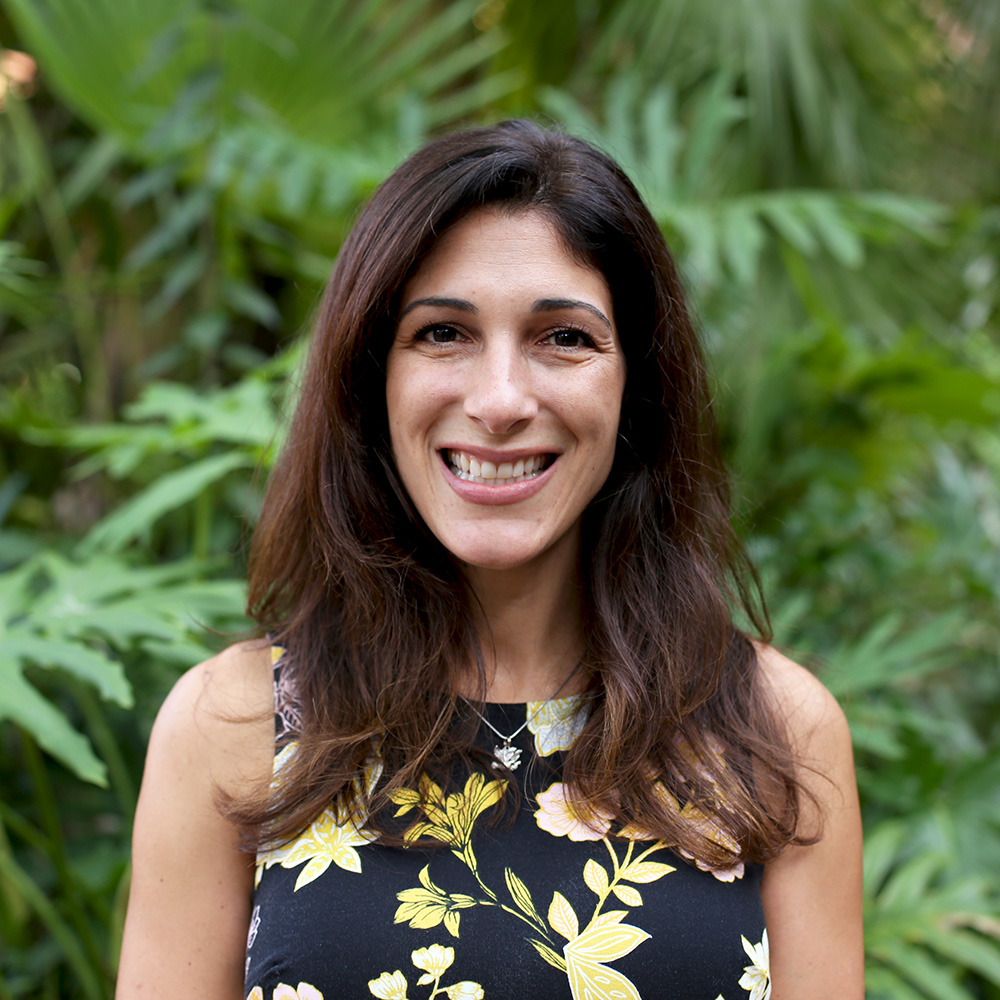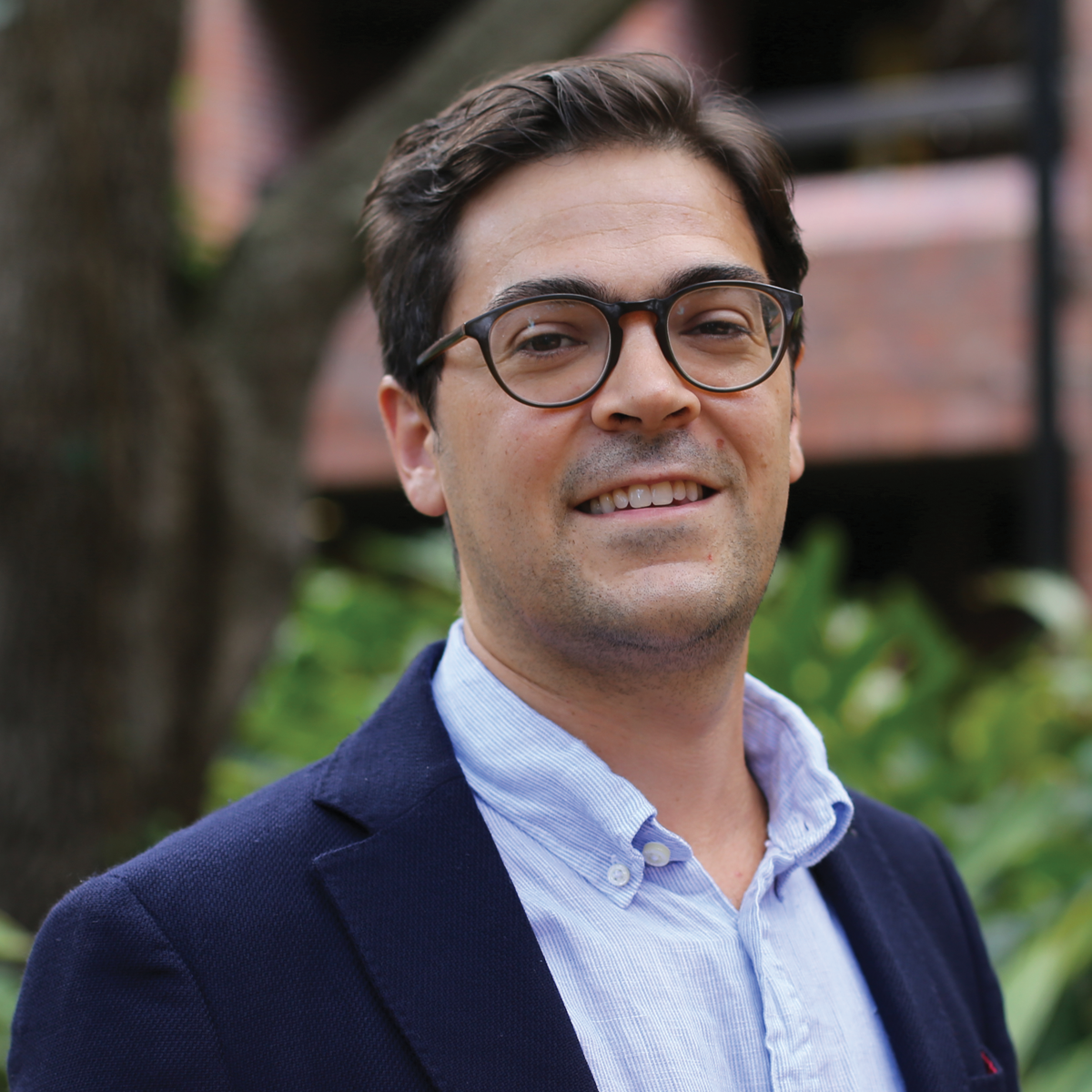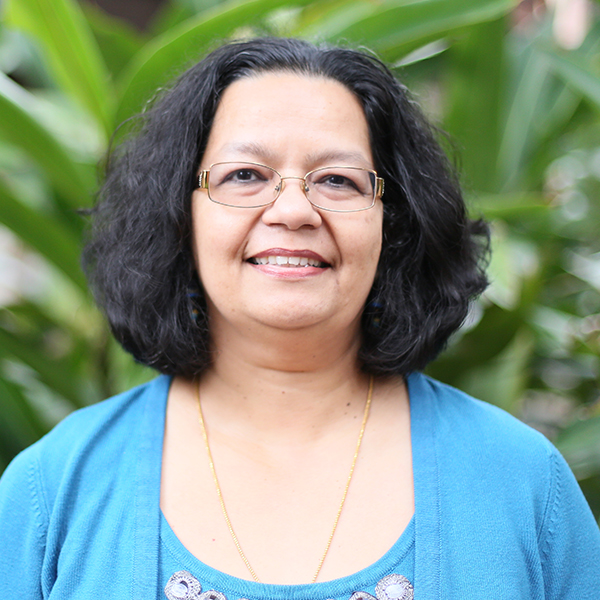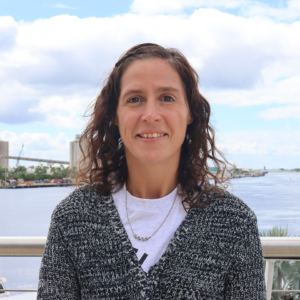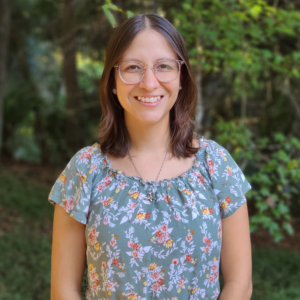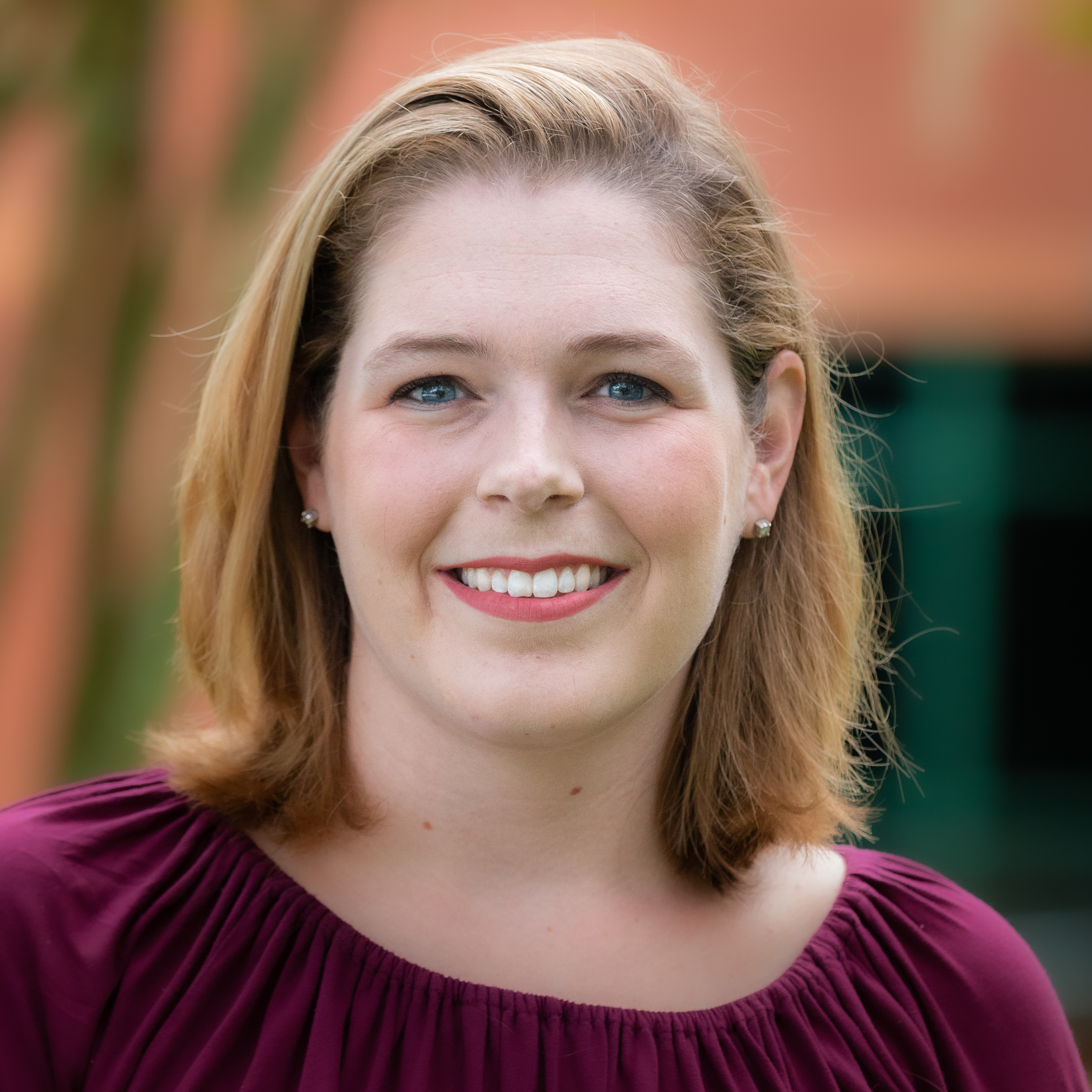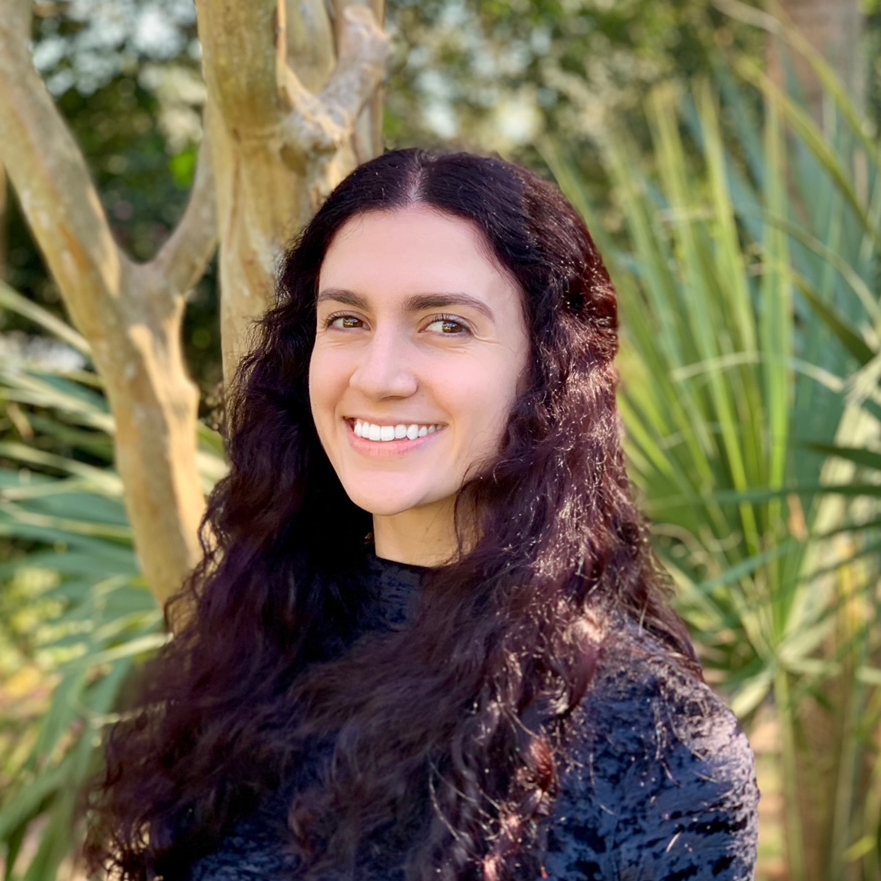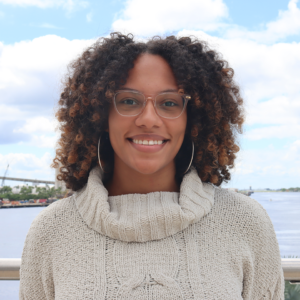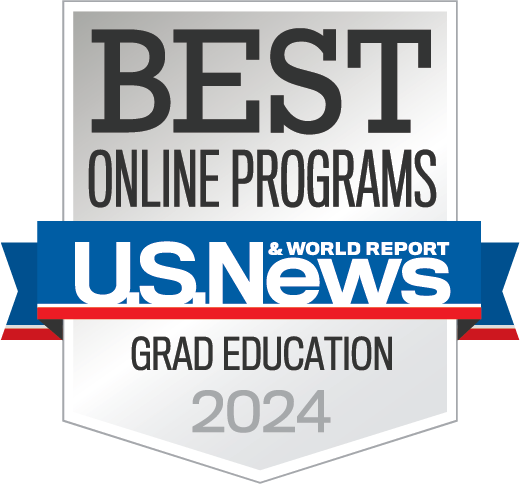Responsive Instruction for Emergent Bilingual Learners in Biology Classrooms
About the Project
RIEL Biology: Responsive Instruction for Emergent Bilingual Learners in Biology Classrooms seeks to support both teachers and bilingual students in secondary biology classrooms.
In partnership with the University of Florida, the University of South Florida, Alachua County Public Schools, Hillsborough County Public Schools, and the National Science Foundation, RIEL Biology will work with over thirty teachers and will impact more than 10,000 emergent bilingual students in Florida.
The project team will collaborate with in-service biology teachers to develop and implement an instructional approach that supports student participation and achievement in biology. This approach builds on foundational ideas in culturally and linguistically responsive pedagogy to recognize, recruit, and reinforce the many strengths that students bring to classrooms.
RIEL Biology’s goal is to hone this approach—which consists of promoting collaboration, using multiple modalities and languages, attending to students’ identities and experiences, and connecting classrooms to pressing issues in students’ lives. Through a rigorous examination of this approach over the next three years, we hope to improve educational outcomes and opportunities for emergent bilingual students in Florida. Our goal is to refine this approach to then serve as a model for supporting students in similar classrooms across the country.
Click the logo below for the RIEL Biology Canvas course.
For more information, please contact us at RIEL@coe.ufl.edu or see the application instructions.
Project Goals
The overall goal of RIEL is to refine an innovative biology learning approach through design research methods. Working with biology teachers and emergent bilinguals (EBs) in our partner districts, our team will produce a refined RIEL framework, teacher-constructed lessons and RIEL planning tools, and a set of design principles for increasing EBs’ engagement in NGSS science & engineering practices and learning of biology content and language.
This project has three goals:
1. Iteratively refine the RIEL framework to support EB students’ engagement and achievement in biology.
We will refine the RIEL framework through a multiphase design-based research study that examines how different groups of EBs engage with, and achieve through, RIEL-aligned biology instruction.
2. Understand how the RIEL framework supports EBs’ engagement and achievement in biology.
Through a mixed methods research design, we will examine the ways in which RIEL instructional experiences are associated with students’ biology engagement and achievement, particularly for EB students.
3. Study how teachers enact the RIEL framework across contexts.
Because biology teachers are critical to RIEL enactment, it is important to identify affordances and constraints of RIEL by exploring how teachers design and implement RIEL-aligned biology instruction in their contexts.




